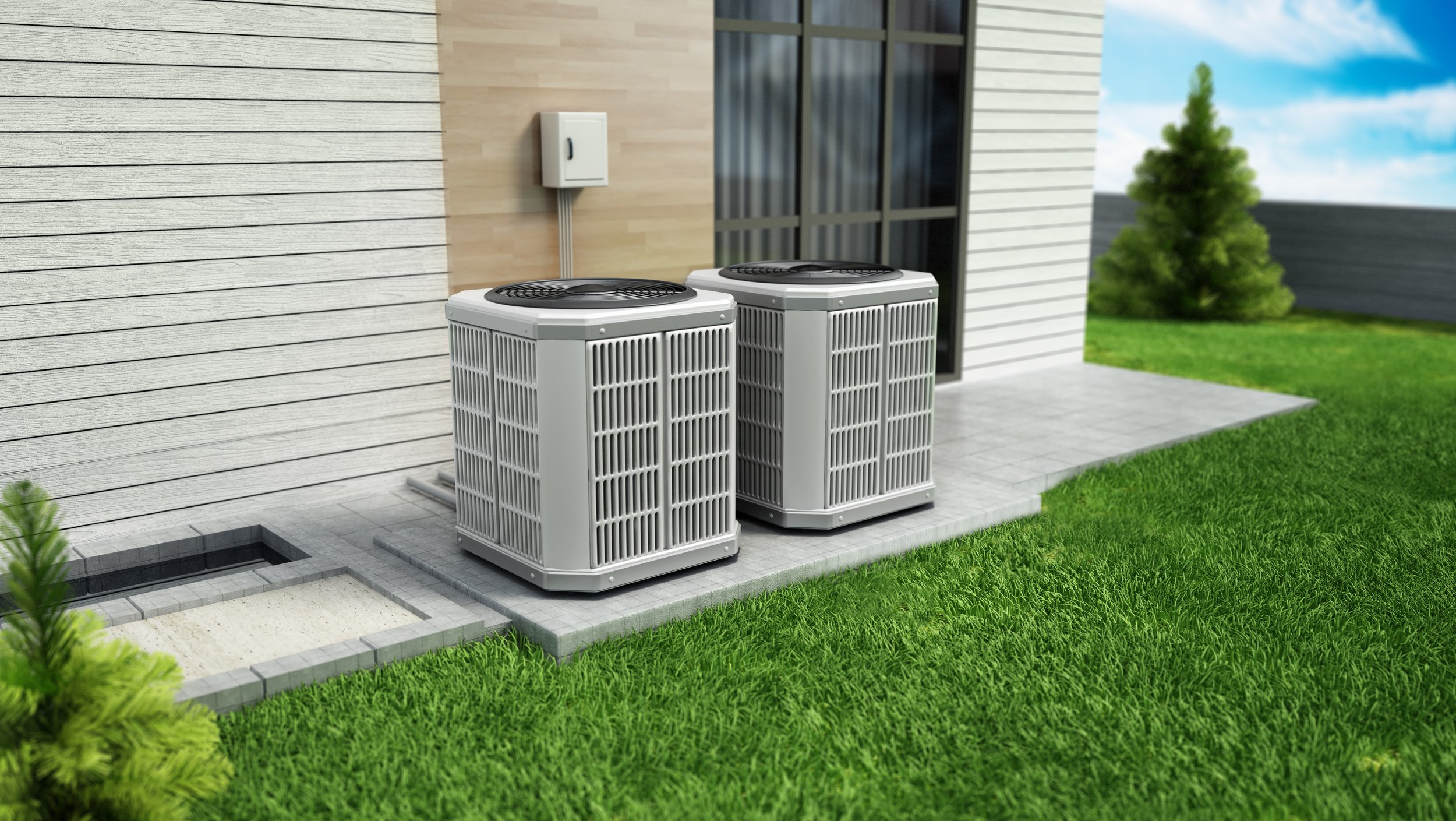Why Is My AC Running But Not Cooling? Common Causes & Fixes
There’s nothing more frustrating than an air conditioner that’s running but not cooling your home. If your AC seems to be working but isn’t delivering the cold air you need, there are several potential causes. Here’s what might be going wrong and how you can fix it.
1. Thermostat Issues
Before assuming your AC is broken, check your thermostat settings. Ensure it’s set to cool mode and the temperature is lower than the current indoor temperature. If the thermostat is malfunctioning or has dead batteries, replacing them or recalibrating the unit might solve the problem.
2. Dirty Air Filter
A clogged air filter restricts airflow, making it harder for your AC to cool your home efficiently. If the filter is covered in dust and debris, replace it with a clean one. Changing your filter regularly—every one to three months—can help maintain proper airflow and system efficiency.
3. Refrigerant Leak
If your AC is blowing warm air, low refrigerant levels could be the issue. A refrigerant leak reduces the system’s ability to cool effectively. Signs of a leak include hissing noises, ice buildup on the refrigerant lines, and poor cooling performance. A professional HVAC technician can diagnose and repair leaks, as well as recharge the system with refrigerant.
4. Frozen Evaporator Coil
A frozen evaporator coil can prevent your AC from cooling properly. This can happen due to restricted airflow, dirty coils, or low refrigerant levels. If you see ice buildup on the coil, turn off the AC and let it thaw completely before restarting. Addressing the underlying cause—whether a dirty filter or refrigerant issue—will prevent it from happening again.
5. Dirty Condenser Coils
Your outdoor condenser unit plays a crucial role in expelling heat from your home. If the coils are covered in dirt and debris, heat transfer becomes inefficient, leading to poor cooling performance. Cleaning the condenser coils with a gentle spray from a garden hose can improve AC efficiency.
6. Faulty Compressor
The compressor is the heart of your AC system. If it’s not functioning correctly, your unit may run but fail to cool. Compressor failure can result from electrical issues, overheating, or general wear and tear. A professional HVAC technician can diagnose and determine if a repair or replacement is necessary.
7. Leaky or Blocked Ducts
If your home has leaky or blocked ductwork, cool air may be escaping before it reaches your living space. Damaged ducts, disconnected sections, or excessive dust buildup can all contribute to inefficient cooling. A professional duct inspection can identify and fix any leaks or obstructions.
When to Call a Professional
While some AC issues, like changing the air filter or cleaning the coils, can be handled as DIY fixes, others require professional expertise. If your AC still isn’t cooling after basic troubleshooting, it’s best to call an HVAC technician to diagnose the problem and get your system back to peak performance.
Regular AC maintenance can help prevent many of these issues, keeping your home cool and comfortable all summer long. If you're experiencing persistent cooling problems, schedule an inspection to ensure your system is running efficiently.

